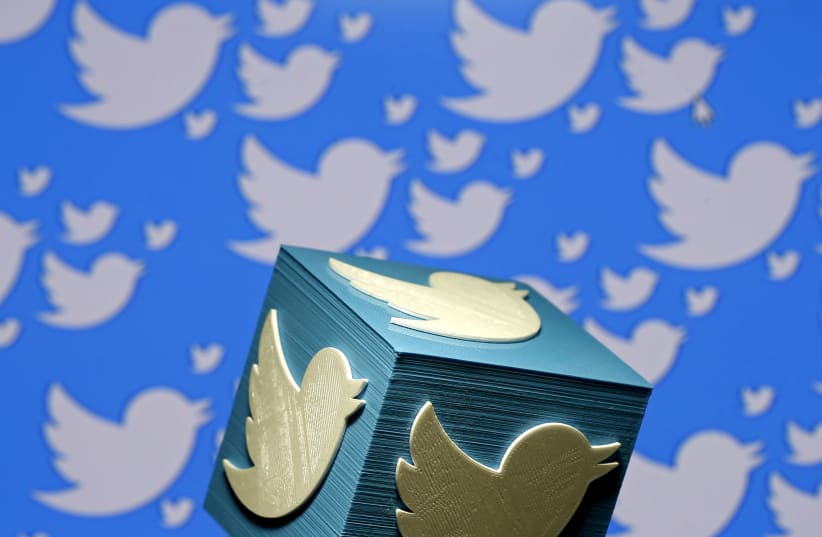Twitter and the Nigerian government are trading tit-for-tat bans. Twitter removed a post by Nigerian President Muhammadu Buhari, and in response, Nigeria banned Twitter and has threatened to prosecute anyone found to have violated its new ban.
Mobile networks have blocked access to the social media platform, the latest feud in the struggle between the political leadership of a country and a major tech giant.
Nigeria Interior Minister Lai Mohammed has said that while Twitter may have rules, it is not a “universal rule.” By targeting the president for a tweet that violated the platform’s rule, Nigeria says it stopped him from being “free to express such views.” The views in question relate to threats against people in southeast Nigeria.
“Many of those misbehaving today are too young to be aware of the destruction and loss of lives that occurred during the Nigerian Civil War,” the president said. “Those of us in the fields for 30 months, who went through the war, will treat them in the language they understand.”
During the civil war, the area of Biafra sought to leave Nigeria, but the government launched a massive war against the peaceful people of Biafra and millions died of starvation between 1967 and 1970 in a war that was tantamount almost to genocide. The recent threats against the people there threaten to unleash a new terror on minorities in that area of Nigeria.
It is interesting that the president should threaten them, considering that it is Islamist extremists linked to Boko Haram and others who have been decimating northern Nigeria, kidnapping hundreds of children.
The dispute with the social media giant illustrates how massive social media platforms, mostly based in the West, are increasingly challenging not only internal politics but entire countries. Uganda banned Facebook after the platform had targeted its officials in the lead-up to an election. In addition, major social media platforms appeared to coordinate to ban former US president Donald Trump. Facebook said the ban will last until 2023.
According to CNN, in “addition to Facebook, which has over two billion monthly users, Mr. Trump has also been banned from Twitter, YouTube, Snapchat, Twitch and other social media platforms over the January riot.” It is hard not to see in this a coordination across all platforms, because each platform did not detail what Trump had done to be banned.
In many other cases, major tech companies, which are ostensibly separate companies, appear to all remove similar accounts. This is done, they often say, to stop racism, extremism, far-right activists or those accused of crimes. There is little to no transparency on how the companies make decisions.
Ostensibly, the decisions are for the public good and to make the platforms more “healthy.” This is done via changes to algorithms as well, to promote the “health” of discussions and engagement. Many major platforms have also struggled for years to remove extremists, such as pro-ISIS accounts. They also struggle against authoritarian party-linked “troll armies.” Social media giants have identified such patterns linked to Turkey, Russia and other countries, they say.
The larger question is how this may impact democracies. When Australia tried to challenge Facebook in February, the company responded by temporarily banning Australian news pages. Australia is a democracy, and it’s not entirely clear if social media giants will increasingly seek to interfere or play a role in news and elections in democracies. It is also unclear why they appear to cater to authoritarian regimes such as Iran and Turkey that constantly incite against either minorities in their own country, or other countries.
These questions are important. Israel’s contentious politics and warnings this week of the potential for political violence appear to be a place that social media may play an increasing role. Palestinians have already claimed their posts were censored during the recent war.
According to reports, Yair Netanyahu was blocked by Facebook from posting for 24 hours, and his Twitter account was suspended for 12 hours. More controversies may come this week, and social media platforms appear interested in Israel’s political tensions at the moment. It’s entirely possible the precedents set in Nigeria, Uganda, Australia and elsewhere will have an increasing impact on Israel.
